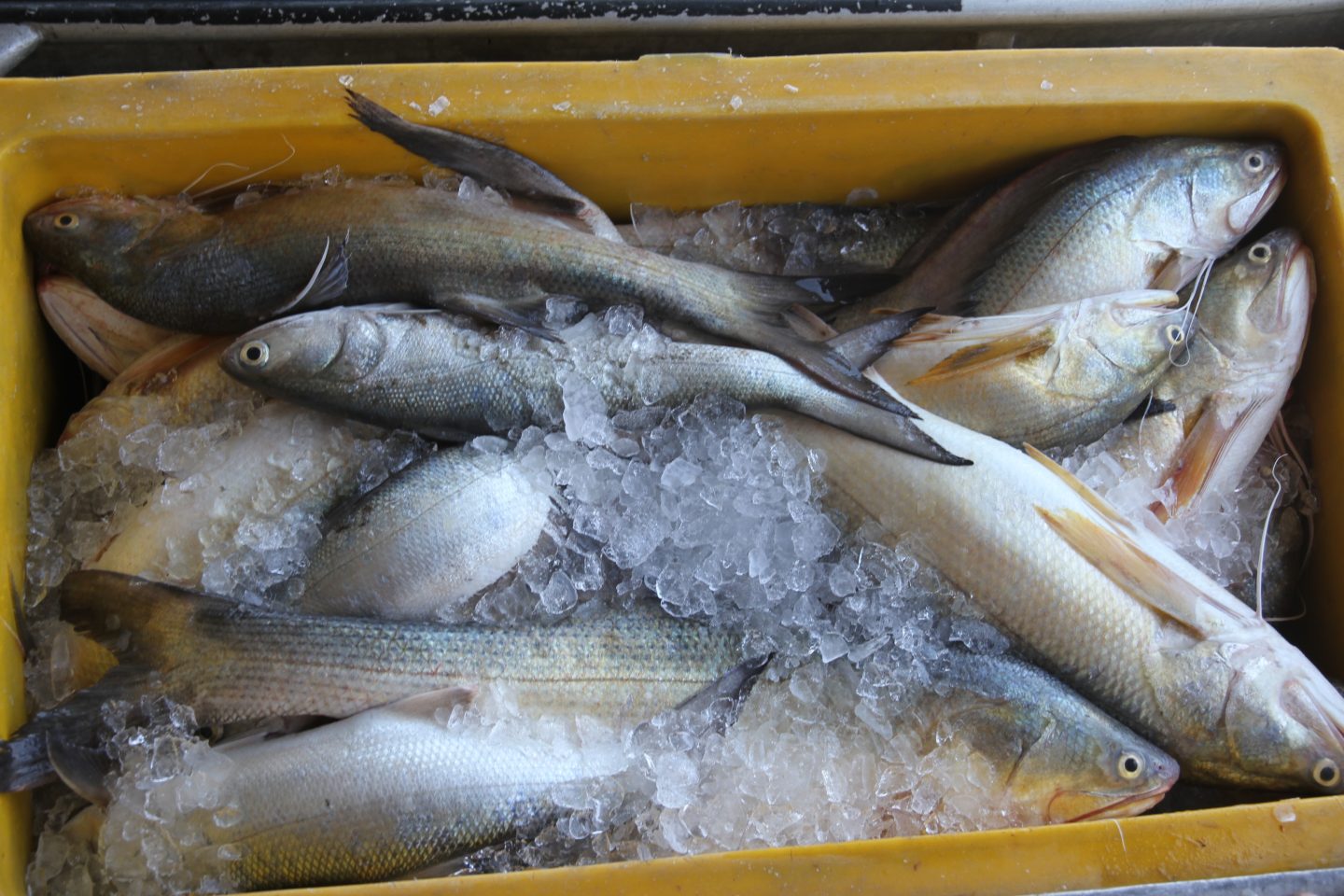Waiting for scientific evidence on biomass targets

Introduction
The Queensland fisheries reform continues and the recent release of four discussion papers. The crab, inshore and trawl discussion papers seek commentary on ecological, socio-economic and management objectives.
The objectives are common across all three papers with a stand out ecological objective being the achievement of a 60% of the unfished population for shared stocks. More accurately the reference is: ‘The aim is to achieve at least 40-50% of the original unfished biomass by 2020 and 60% by 2027’ (see pages 6, 3 and 5 of the crab, inshore and trawl papers respectively). The ‘Queensland Harvest Strategy Policy’ and ‘Guidelines for Implementing the Queensland Harvest Strategy Policy’ documents do not detail any research data to justify the 60% target.
Queensland Harvest Strategy Policy
Guidelines for Implementing a Harvest Strategy
Fisheries Green Paper – Unresolved Discussion/Consultation
The Queensland government’s fisheries green paper, page 12, states that: ‘In general, a stock is classified as ‘sustainable’ when 30–40% of the unfished population remains. Under this criterion, the vast majority of Queensland’s fish stocks are considered to be sustainably fished’. If this is the case – why a push for a 60% target?
No literature was cited in the green paper and at this stage there is no research evidence produced to substantiate a 60% target. With no scientists or fisheries or conservation managers identified much less quoted how can a target be set for biomass?
The pursuit of the target is inconsistent with the green paper that cited 30-40% criterion. Is there any evidence at a domestic fisheries or international level that the target falls within current fisheries management practice? If the answer is no then, as I have asked before, why the 60% target? Significantly more debate is needed on this issue and should be a key concern for the expert panel.
Politics of Fear not Science Dictating Biomass Target
You might wonder if the Great Barrier Reef Marine Park Authority (GBRMPA) are conservation or fisheries managers. In reality they are both and they have argued they don’t do fisheries management. The GBRMPA submission to the green paper regarding the biomass target stated, ‘Consistent with giving highest priority to environmental and resource sustainability, GBRMPA believes that all fish stocks that occur within the Great Barrier Reef Region, regardless of how their harvest is shared, should be managed to a target reference point of at least 60 per cent of the unfished population’. Let’s unpack this a little:
- ‘Highest priority to environmental and resource sustainability’ – In balancing the needs of my industry and what has been shown in the national marine park planning process by the current Federal government is highest priority is striking a balance of interests. Not an approach favoured by the GBRMPA it seems where the environment trumps economic interests. The two do not have to be mutually exclusive but the argument from the GBRMPA and the Queensland government ignores that current stocks are being sustainably harvested.
- ‘Should be managed to a target reference point of at least 60 per cent of the unfished population’ – Based on what damn science? The GBRMPA’s philosophical dislike of commercial fishing is well known but a dislike of a viable economic activity is not scientific evidence let alone a reason to set biomass targets that will reduce commercial fishing harvest over time.
GBRMPA Submission to Green Paper
The danger for seafood consumers in the long-run is less access to fresh caught local seafood as a result of an ultra-conservative biomass level that exceeds Australian and world standards when current arrangements could be left alone. At what point will policy makers seek a balanced outcome and for once understand the importance of the wild catch sector in the Queensland and national food web?
Survey
This objective needs to be addressed and discussed in significantly more detail.
The association has drafted a short survey to gauge industry views and include them in feedback to the government regarding this ecological reform objective.
Survey link: Queensland Fisheries Reform – Ecological Biomass Objective
Author: Eric Perez, CEO – Queensland Seafood Industry Association
The content of this post is provided for information purposes only and unless otherwise stated is not formal QSIA policy. The information on these posts are provided on the basis that all persons accessing the information undertake their own responsibility for assessing the relevance and accuracy of it.

